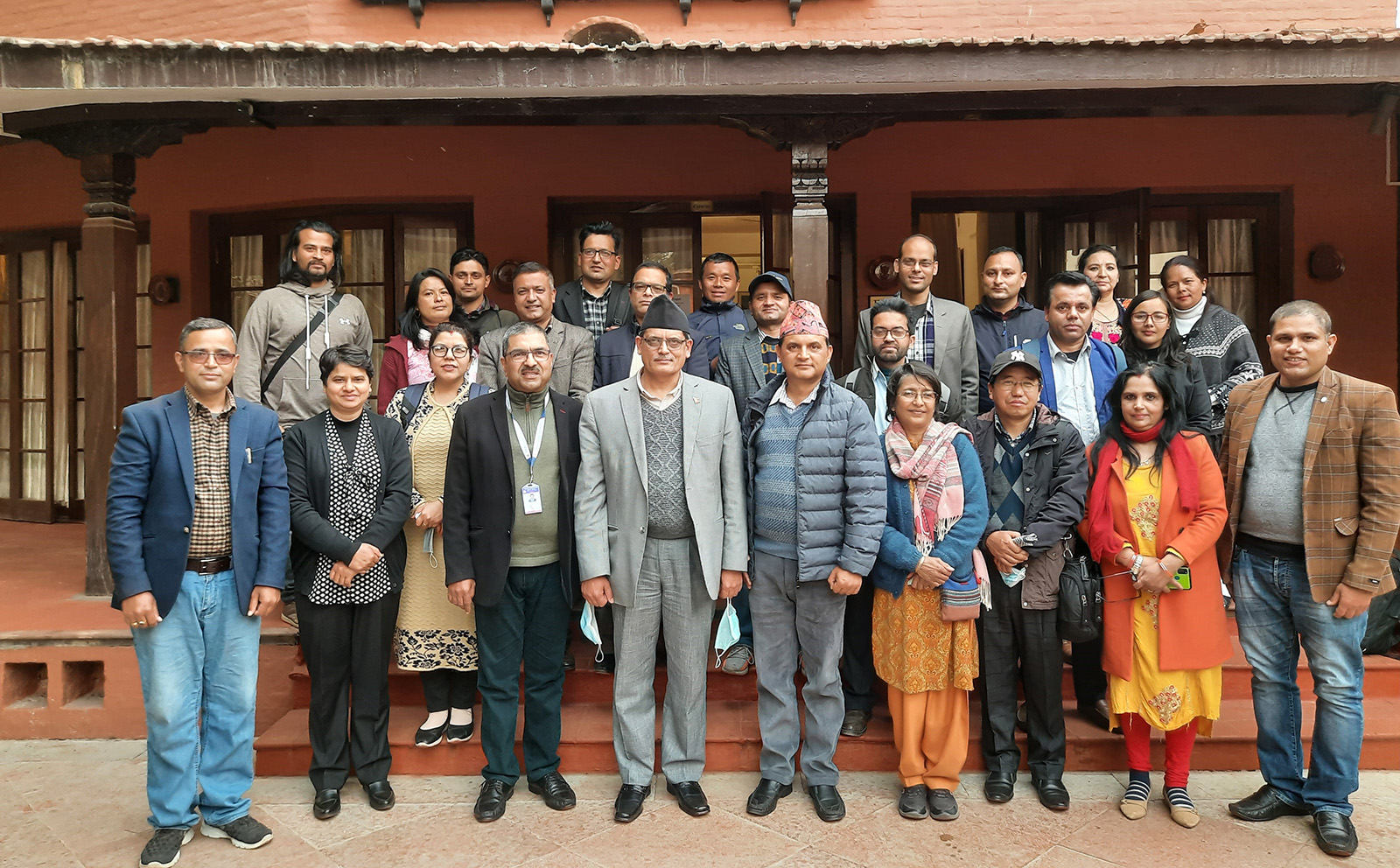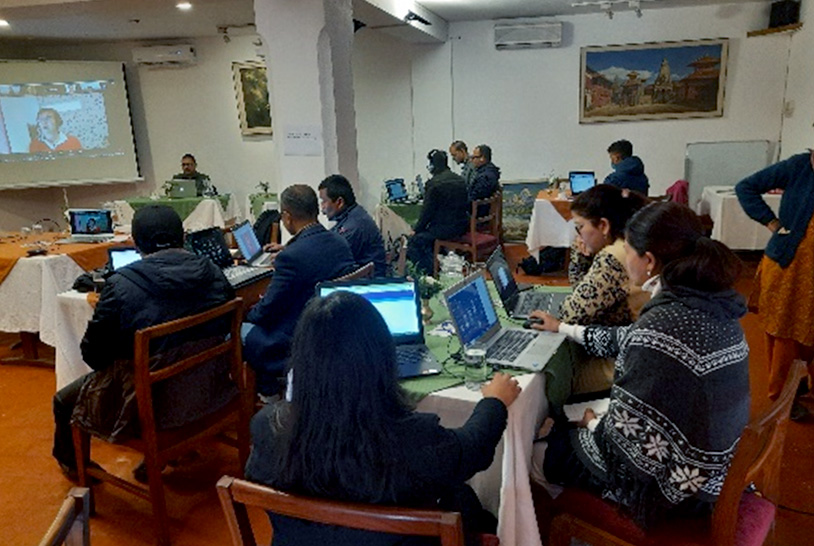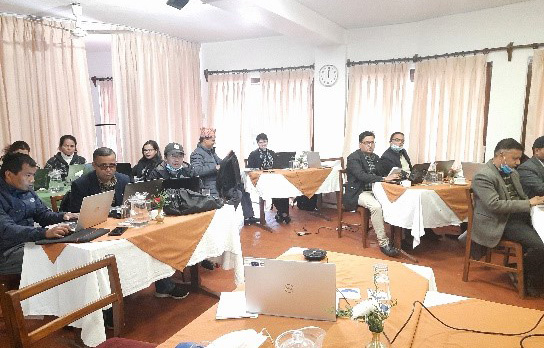21st Century Skills in Action – To teach something you have to be able to do it yourself

Creating a master’s degree programme that includes 21st century skills that qualifies successful graduates to work as a teacher is a complex matter. We first have to define what we mean by 21st century skills and then decide how to produce concrete learning tasks so that the ideas can be integrated into the educational programme in order for student teachers to learn. Such skills are defined as, but not limited to, for example, critical thinking & problem-solving skills, innovation & creativity, learning to learn, metacognition, collaboration skills, communication skills, social and cross-cultural skills, global citizenship. A complex mix indeed. Now, add to that degree of complexity that such creation has to be conducted remotely between Finland and Nepal, and you are beginning to understand the basis of the project’s first week-long co-creation workshop that took place 22-26 February 2021. Teacher educators from JAMK University of Applied Sciences and HAMK University of Applied Sciences sitting in various home offices in Finland joined colleagues online from Tribhuvan University and Nepal Open University in their respective home offices and other such places across Nepal.

Co-creation is one of the fundamentals of the human rights-based approach to development upon which our project is founded. In essence, by requiring that all participants are seen as equal; none in more or less important that the others, it supports the development of respect and equity of possibility. From the holistic project perspective this in accord with the requirement to engage with marginalised elements of the Nepalese community to increase the equity of access to education of those peoples.
This approach was also evident in our workshop as we worked together to build a new qualifying programme of education for teachers. Ideas were explored and developed through participatory decision-making in a learning community environment, which of course, supports teacher agency – that all-important driver of change in education.
The experiences gained during this workshop by all participants in applying 21st century skills in their everyday work will ensure that the valuable lessons learned are transferred into the courses that will form Output 1 of the project, a newly designed master’s programme focusing on digital pedagogy, guidance and counselling, and the development of 21st century skills required of workers in changing societies. The co-creation process involved in developing Output 1 will also inform work required in Output 2, a guidance and counselling module that will include one face-to-face taught study module and a MOOC, both designed for teachers and teacher students to support the HRB approach, to promote equity in education, and to prevent dropouts among girls and representatives of excluded (marginalized and disadvantaged) communities.

By the same token, Output 3, creating increased capacity of TU and NOU to promote integration of ICT and 21st century skills into existing education programmes of all levels of education through workshop and training for educational personnel at provincial and local governments will benefit accordingly.
A good week’s work by all participants. We all had such a positive and enjoyable experience during this week. So much so that we are looking forward to our next workshop week in early April with eager anticipation.
In the picture at the top of the blog post are TU and NOU co-creation teams in Nepal.
Text by
Graham Burns
Photographs by
Dr Bed Prasad Dhakal,
Tribuhvan University, Kathmandu, Nepal
Contact information:
Graham Burns, project manager,
firstname.lastname@jamk.fi
Developing Pedagogy for 21st Century Skills in Nepal -project
JAMK University of Applied Sciences, School of Professional Teacher Education
